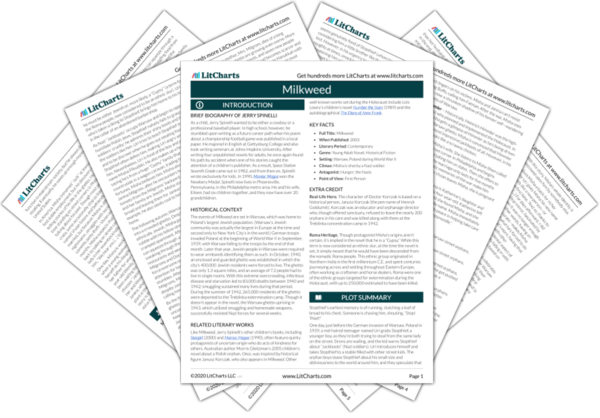Angel imagery is introduced as a symbol of hope transcending the darkness of everyday existence. However, the symbol is an ambivalent one. The orphan boys have suffered a variety of terrible experiences: dismemberment, deprivation, and illness, not to mention the daily reality of being homeless orphans. It’s often difficult to reconcile these sufferings with the hope of something better, like the existence of protective, caring beings. Most of the boys have seldom known protection and care in their own lives.
